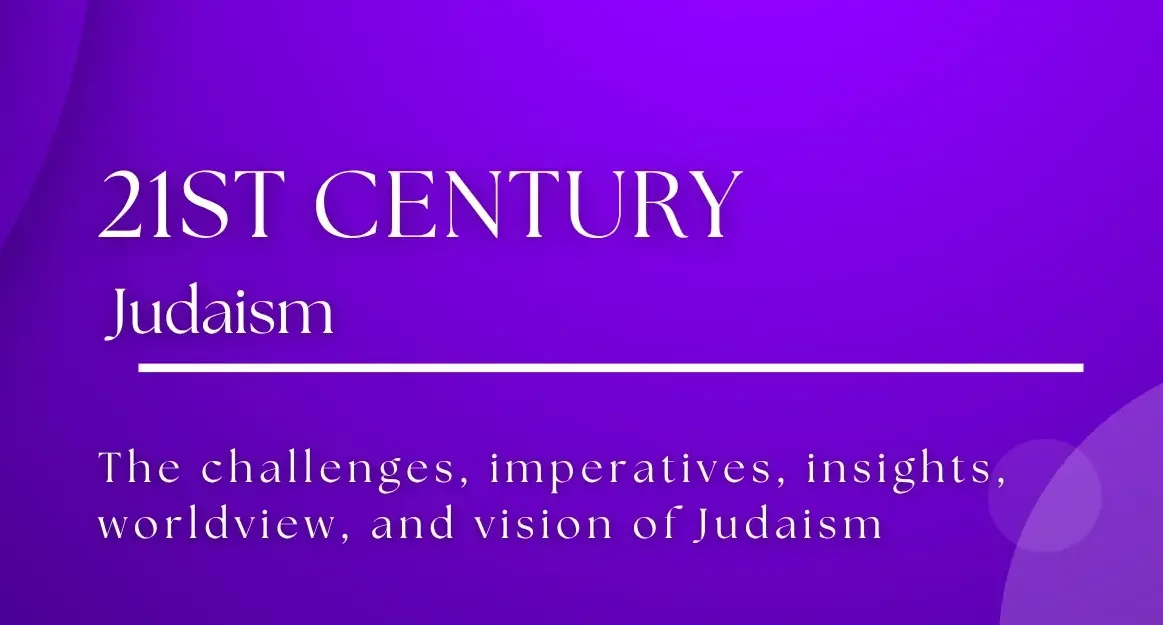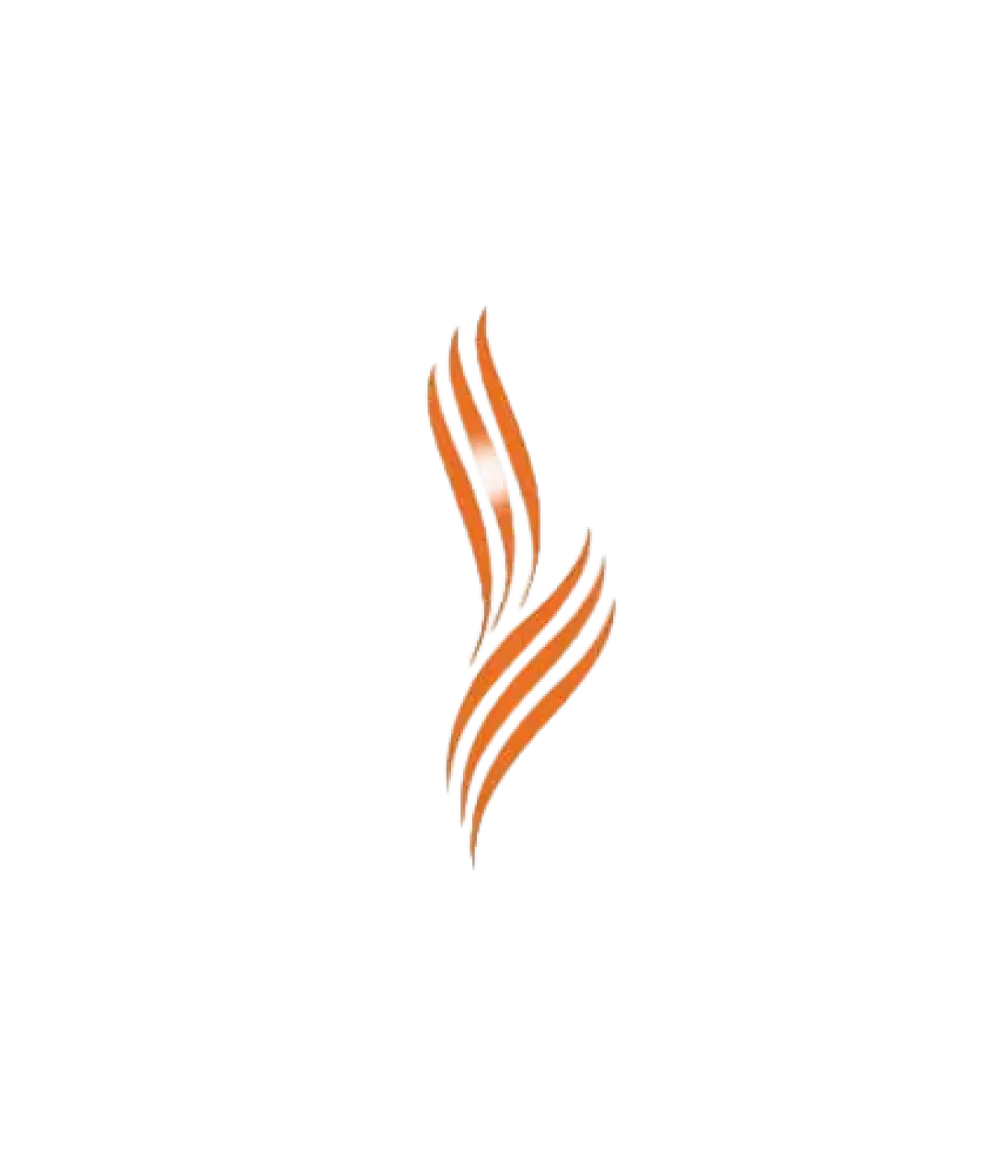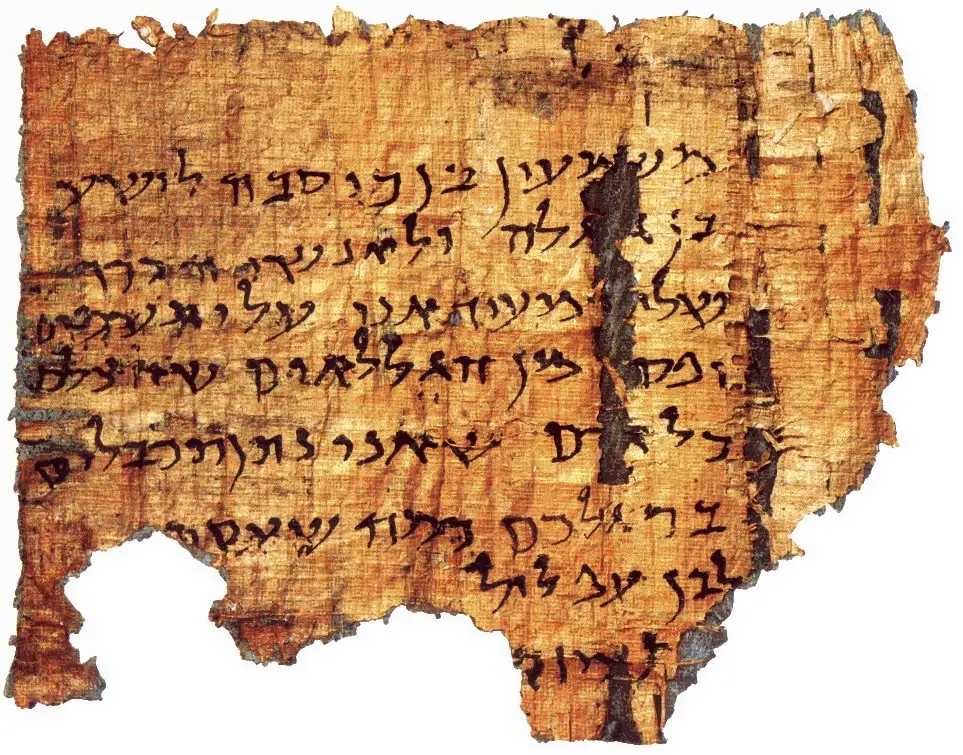Thirty-five hundred years of
EXPERIENCE
Jewish wisdom consists in knowing what to do with what it knows.
This site is about what Judaism knows.
Our think tank generates ideas and research on contemporary issues of central importance to Jewish life.
We believe in Judaism and its capacity to significantly contribute to the well-being and improvement of humanity.
We look to support the next generations of Jews’ understanding their inherent self-worth and their capacity to significantly contribute to the well-being and improvement of humanity.
The significance of Judaism today "does not lie in its being conducive to the survival of this particular people but in its being a source of spiritual wealth, a source of meaning relevant to all people."
Abraham Joshua Heschel



how to learn from
its past and present
To learn from achievements and errors
That allegiances are more the result of consent than descent.
That human beings seek meaningful relationships, no less than spirituality, and purpose in their lives
That the task is to help Jews draw on their Jewishness to live more meaningful, fulfilling, responsible lives.
Exploring Jewish Thought for the Modern World
Philosophy, theology, history, and contemporary insights rooted in Jewish tradition. Essays, conversations, and resources to help thinkers and communities engage meaningfully in the 21st century

Jewish Thought Today
Exploring ancient wisdom in modern contexts — essays, conversations, and practical reflection.
Philosophy & Theology
Big questions through a Jewish lens: metaphysics, ethics, and lived theology.
History & Politics
Historical lessons shaping contemporary Jewish public life and policy.

